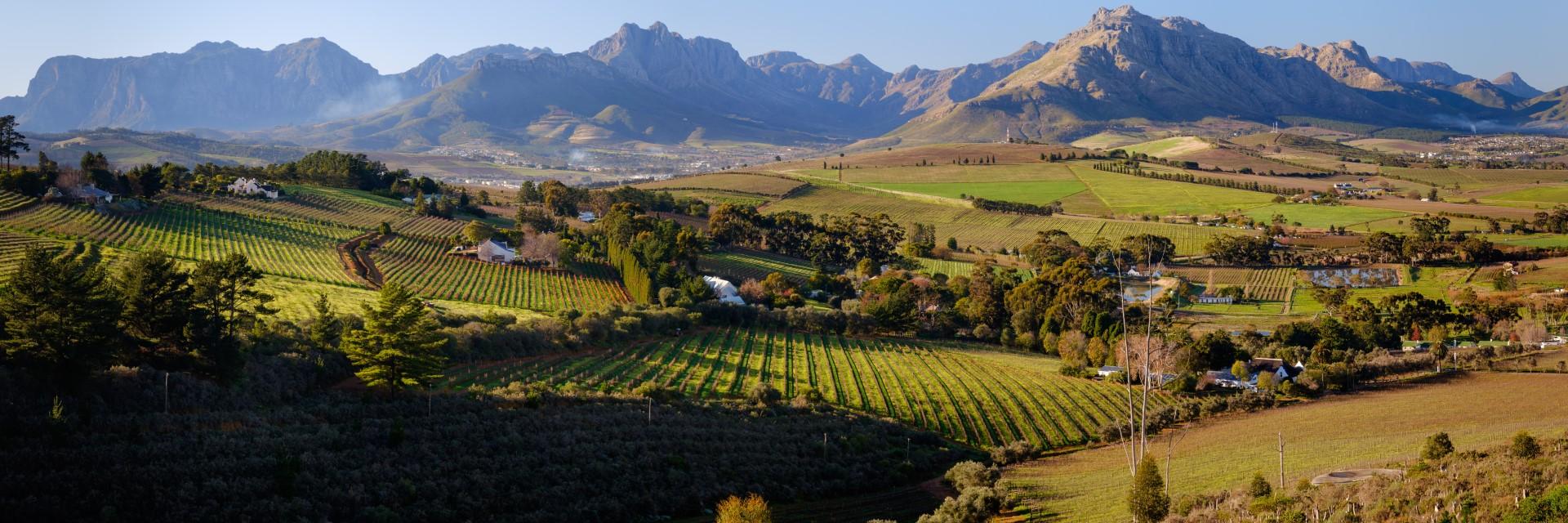Every two years since 2014, the African Land Policy Centre (ALPC), a joint initiative of the African Union Commission, the United Nations Economic Commission for Africa and the African Development Bank, has held conferences on land governance in Africa. The conferences which are aligned to the African Union Theme of the Year have provided governments and policy makers, researchers, traditional authorities, technical and development partners and non-state actors with the opportunity to discuss the progress being made in coming up with inclusive and transparent land management policies and integrating emerging best practices in land governance.
As a follow up to the conferences, the ALPC was quite busy in May and June 2025 with virtual workshops organized for each of the key stakeholder groups that participate in the land conferences. These convenings were aimed at providing the ALPC with an opportunity to review the progress made by each stakeholder group in implementing the commitments, dubbed calls-to-action, made during the biennial Conferences on Land Policy in Africa held in the years 2014, 2017, 2019, 2021 and 2023.
The associated stakeholder discussions were expected to provide momentum for the continued implementation of the African Union Declaration on Land in Africa. The stakeholder views obtained will also help the ALPC to formulate a mechanism for the continued tracking of stakeholder actions.
Moreover, the forums were also used to sensitise stakeholders on the theme to the 2025 conference. The unpacking of the conference theme was aimed at motivating stakeholders to prepare befitting abstracts, and to register and participate actively in the 10th – 14th November, 2025 conference.
The robust discussions that ensued in most of the convenings provided pitch and content towards the realization of these objectives.
Achievements toward inclusive land governance in Africa
Overall, stakeholders in each of the groups have made good progress in responding to the commitments made in the previous land policy conferences. For instance, over a third of the African Union member states were noted to have made very good progress in the formulation, implementation or review of national land policies, and the establishment of appropriate institutional frameworks. Academic and research institutions continue to make good efforts in reviewing their training curricula to be more responsive to contemporary land governance issues in Africa. They are also generating and disseminating research-based evidence for land policy formulation and implementation.
Non-State Actors are doing well in advocating and participating in processes to formulate policy and legal frameworks, and other land governance tools, that recognize and protect the rights of women, youth and vulnerable groups. They have also been involved in community sensitization and mobilization on land governance and climate change related issues. Traditional Authorities, which wield quite some authority in the governance of land within their jurisdictions, have made good efforts in establishing a forum through which to articulate their concerns. They have also been advocating for and supported the documentation and registration of customary land, and have been helping to change mindsets on the ownership and access to land by women and youth.
Africa’s technical and development partners have continued to provide technical and financial support towards the activities of the four stakeholder groups, particularly the formulation and implementation of land policies, knowledge generation for land governance, the strengthening of government land institutions and the capacity building of non-state stakeholder groups.
It was noted in the workshops that while there is progress in implementing the land agenda in Africa, much still remains to be done. Some of the potential actions will be the subject at the 2025 Conference on Land Governance in Africa whose focus will be on justice and reparation for Africans and their descendants with particular reference to the land sector.

